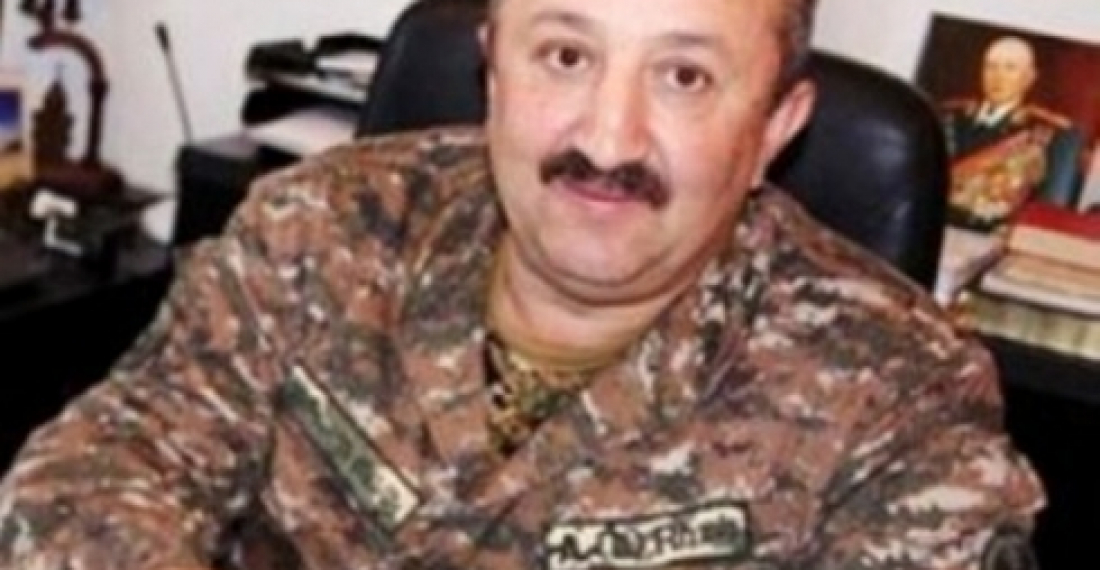The issue of the imminent opening of Stepanakert airport in Nagorno-Karabakh continues to be a matter of speculation amongst officials on both sides of the conflict divide. The Minister of Defence of the self declared Nagorno-Karabakh Republic, Movses Hakobyan has stated that once flights start operating from the airport he will travel to Yerevan only by air. Havkopyan dismissed as "inappropriate for serious people" to threaten to shoot down airplanes. He said that this year alone the Karabakh anti aircraft defence forces had "escorted" 2,226 flights back into Azerbaijani territory. Hakobyan was quoted by news.am web portal as saying that Azerbaijan will not dare to carry out threats to down aircraft flying to and from Stepanakert, and that his forces have a capability to down aircraft flying to Baku too
Observers are bracing themselves for the opening of the airport which is ready for operations. There have been efforts by the international community to ensure that both sides keep the issue within bounds, and to find ways to ensure that any emergencies are dealt with at a technical level. Despite the conflict there has been a measure of co-operation between the civil aviation authorities of both countries, something that is necessary in order to avoid accidents.
Commonspace.eu political editor said in a comment that "efforts to try to have the airport reopen under mutually agreed terms seem very far off at the moment given the current climate in the peace negotiations. But both sides despite the rhetoric are interested in avoiding incidents that may cost human lives and result in serious international reactions. Azerbaijan had earlier threathened to shoot down aircraft flying to and from Stepanakert but this was later denied by more senior officials and Azerbaijan is currently concentrating on the political asspects of the issue, including by raising the matter in the United Nations."
source: commonspace.eu
photo: Movses Hakobyan (archive picture).







